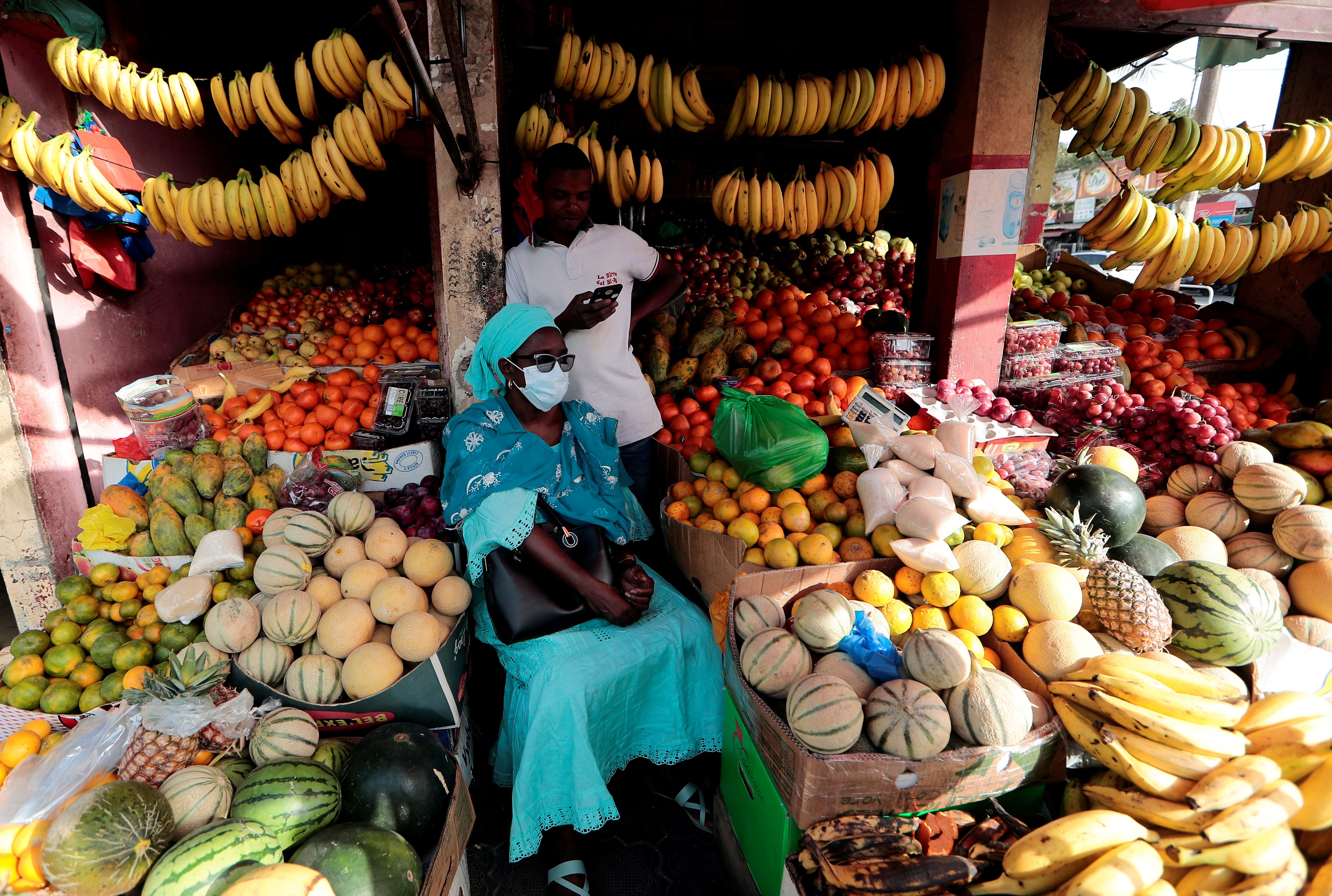Coronavirus Politics Daily: Informal workers in danger, Wisconsin’s omen, Brazil-China spats
The danger to informal workers grows: Coronavirus lockdowns have created a world of uncertainty for businesses and workers around the world. But one group of people that could be hit particularly hard are those working in the so-called "informal economy," where workers lack formal contracts, labor protections, or social safety nets. Nowhere is this challenge more widespread than in Africa, where a whopping 85 percent of the work force toils in the informal sector. These workers, which include street vendors, drivers, and the self-employed, don't have the luxury of working from home, which makes social distancing unviable. As a result, many continue to go to work, risking exposure to the virus, because not turning up is often the difference between putting food on the table and starving. What's more, even where governments are trying to provide support, many people lack bank accounts, complicating efforts to get them aid. In Nigeria, for example, some 60 percent of people do not even have a bank account, according to the World Bank.
COVID stirs fresh Brazil-China tensions: The coronavirus pandemic is stoking tensions between Brazil and its largest trading partner, China. Last month Brazilian President Jair Bolsonaro's son accused China's "dictatorship" of botching the initial outbreak response, drawing a sharp rebuke from Beijing. More recently, the beef has centered on medical equipment procurement. Last week, Brazil's Health Minister said China, the world's largest supplier, had cancelled several agreed-upon orders. Then Brazil's Education Minister (and close confidant of President Bolsonaro) accused China of using the pandemic to "dominate the world" and profiteer, in a tweet that also mocked Chinese pronunciation in Portuguese. He later deleted the post, but China's embassy in Brasilia promptly decried Brasilia's "racist" and "despicable" representation. For his part, President Bolsonaro has repeatedly dismissed the coronavirus threat, and evidently came close to firing his health minister (a trained doctor) over the issue. Now, as Brazil battles a surging number of COVID-19 cases, there's no hiding that his country of 212 million people needs medical supplies, and fast. Spats with China won't help.
As goes Wisconsin, so goes the nation? The US election will return to the news for about 10 minutes today as Wisconsin holds presidential primaries. Attention will be limited because former Vice President Joe Biden's near-insurmountable lead in national delegates has all but ended the race for the Democratic Party nomination — and because officials will not report any results until April 13. That will allow extra time for voters to file absentee ballots. But today's vote in Wisconsin offers a preview of the coming bitter national fight over the act of voting itself. Turnout today will be impacted by fears of COVID-19. Democrats and Republicans have fought over voting rules, and courts have intervened more than once. Results will be delayed and possibly contested. In all these ways, Wisconsin today may foreshadow the entire United States in November.
